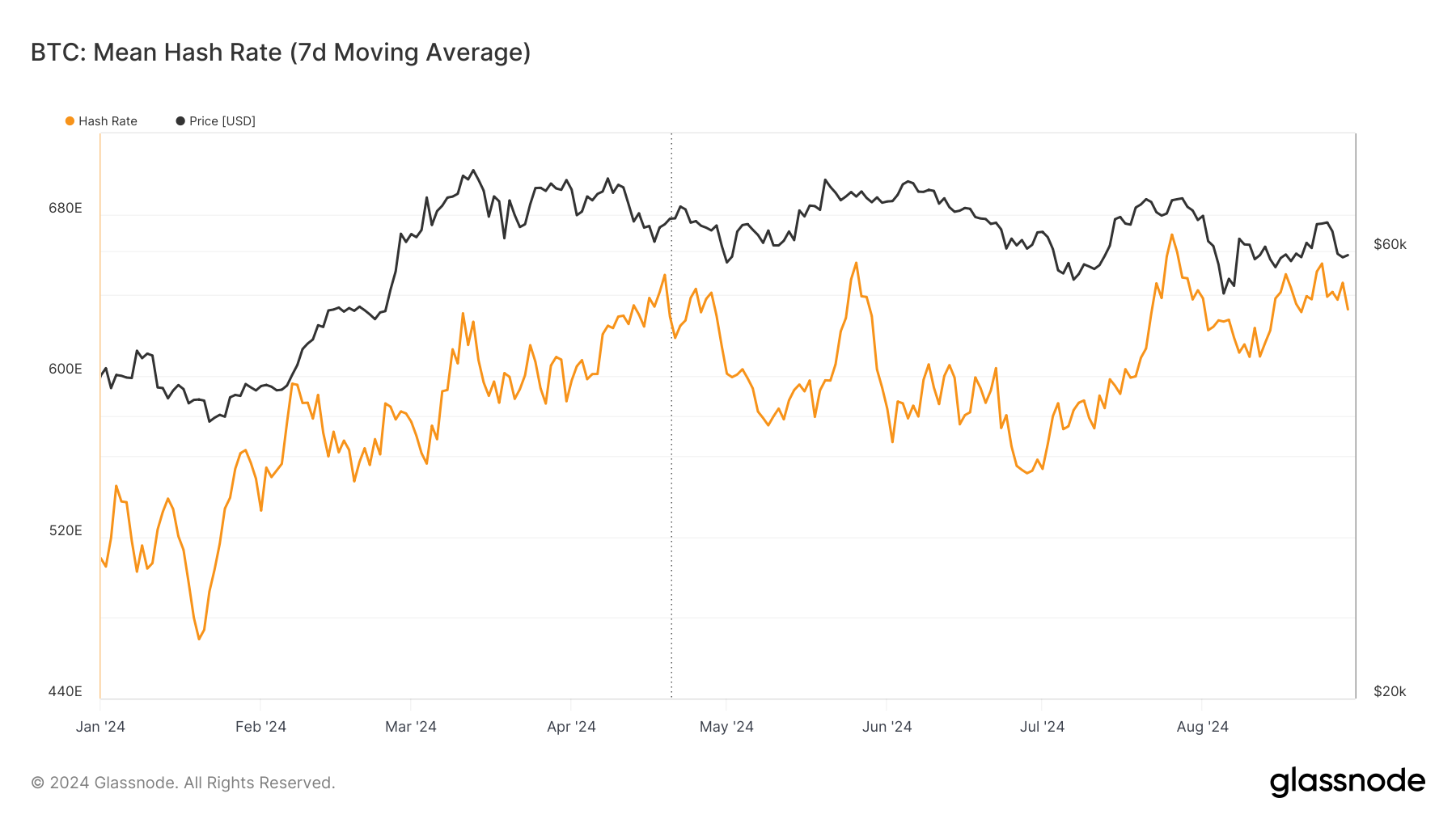The Financial Times revealed that the U.S. Securities and Exchange Commission (SEC) asked digital currency exchange Coinbase (NASDAQ: COIN) to halt trading in everything except BTC.
The company’s CEO, Brain Armstrong, told the Financial Times that the regulator made the recommendation before suing Coinbase last month. Armstrong adamantly disagrees with the SEC’s point of view, saying that when Coinbase asked for clarification as to how the SEC had reached its position, the regulator refused to provide it, insisting that “you need to delist every asset other than Bitcoin.”
Armstrong stated his opinion that doing so would have meant “the end of the crypto industry in the U.S.,” and evidently did not follow the SEC’s advice, choosing instead to fight the regulator in court.
The SEC thinks Ethereum is a security
In its lawsuit against Coinbase, the SEC named 13 tokens it deemed unregistered securities, including Solana, Polygon, and Cardano.
However, this revelation by the F.T. suggests that the SEC views all of the 200+ tokens on Coinbase, other than BTC—incorrectly referred to as “Bitcoin” in the SEC recommendation—as securities, including Ethereum.
SEC Chairman Gary Gensler has previously refused to say whether ETH is a security. During a five-hour grilling before the House Financial Services Committee in April, Gensler said, “it depends on the facts and the law.”
While Gensler wasn’t willing to state his view before Congress, that the agency he oversees told Coinbase, “we believe every asset other than Bitcoin is a security,” suggests that its crackdown on exchanges and token issuers is only beginning.
Anyone interested in learning more about the facts surrounding Ethereum can learn why ETH is a security here.
Why Bitcoin is not a security, but BTC is not safe
Bitcoin is not a security because Satoshi Nakamoto issued all 21 million coins at $0 value when he released Bitcoin back in January 2009. Tokens are distributed to miners for the work they do, they are not created by miners, and it’s this distinction that means Bitcoin is not a security.
However, this raises another question: what is Bitcoin, and are the other forks in the clear? If we go by a strict definition of the protocol Satoshi Nakamoto released in 2009, then BSV is Bitcoin, and even Coinbase and an increasing number of other exchanges admit that.
Furthermore, Dr. Craig Wright, Bitcoin’s inventor Satoshi Nakamoto, is currently fighting legal battles on multiple fronts to assert his rights over his system, and if he is successful, that will mean that it will be established in law that BSV is, in fact, Bitcoin. BTC then becomes an airdrop that occurred in 2017 when the network forked and could be considered a security since it was issued at a monetary value.
The fact that BTC is passing off as Bitcoin will not save it. This and other matters will be dealt with in court, and when they are resolved, dealing with the SEC will likely be the least of Coinbase’s worries.
How delightfully ironic will it be if the exchanges that delisted or refused to list BSV will, in the end, will only be allowed to list only it in the United States? Depending on how various court cases play out in the next year or two, that could become a reality sooner rather than later.
Follow CoinGeek’s Crypto Crime Cartel series, which delves into the stream of groups—from BitMEX to Binance, Bitcoin.com, Blockstream, ShapeShift, Coinbase, Ripple,
Ethereum, FTX and Tether—who have co-opted the digital asset revolution and turned the industry into a minefield for naïve (and even experienced) players in the market.
New to blockchain? Check out CoinGeek’s Blockchain for Beginners section, the ultimate resource guide to learn more about blockchain technology.


